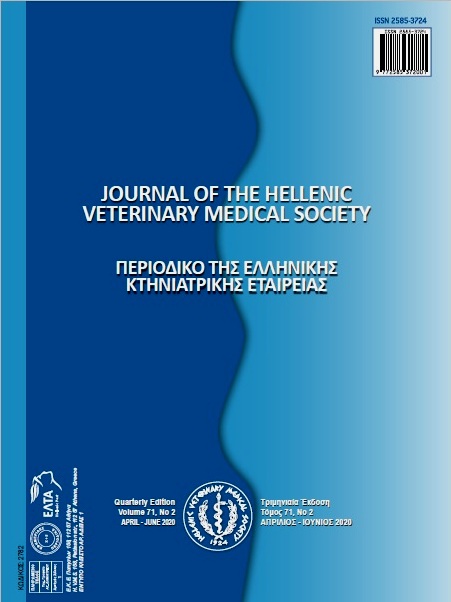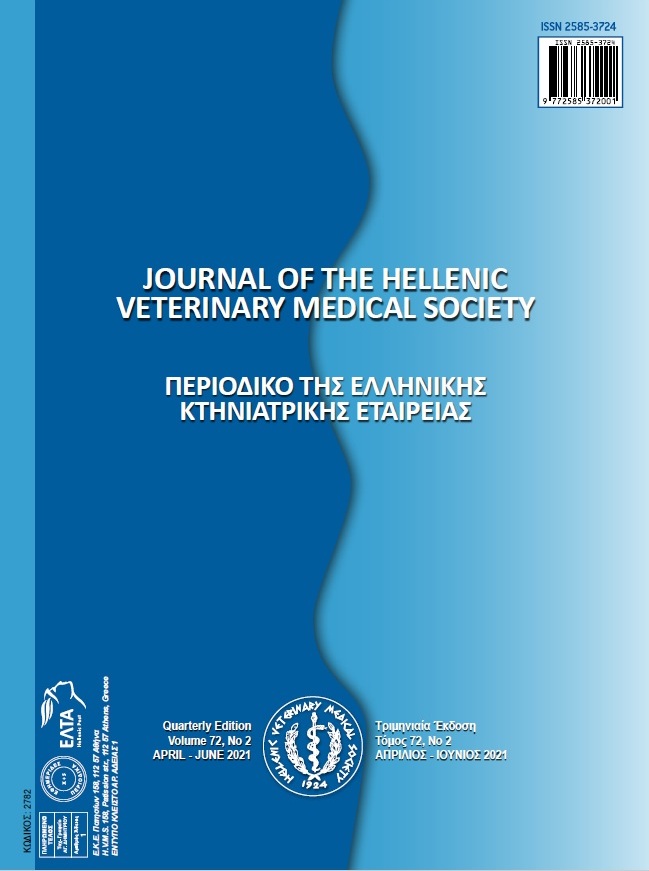Heat killed Dietzia maris reduces lipopolysaccharide-induced inflammatory responses in murine adherent peritoneal cells
Résumé
Dietzia maris (D. maris) is a gram-positive, aerobic, mycolic acid-containing actinomycete without mycelium. Actinomycetes such as Tsukamurella inchonensis reduce lipopolysaccharide- induced inflammatory responses in activated murine peritoneal macrophages. Here, the effects of D. maris on LPS-induced inflammatory responses were examined in mouse adherent peritoneal cells. D. maris was grown, harvested, and washed. Suspensions were standardized by wet weight, re-suspended in borate-buffered saline, and autoclaved. For in vivo study, each mouse was orally administered by bacterial suspension (5 × 107, 1 × 108 and 2 × 108 CFU/Mouse) consecutively for seven days. Control animals received the same amount of phosphate-buffered saline (PBS). Adherent peritoneal cells were harvested for in vitro experiments. Cells were lavaged and plated in RPMI 1640 medium, stimulated with LPS (100 ng/ml), and incubated for 2 h. Afterward, non-adherent cells were removed followed by adding freshly prepared medium. Supernatants (50 μl) were collected, centrifuged, mixed with Griess reagent, and the absorbance was measured at 560 nm. D .maris inhibited LPS-stimulated nitric oxide (NO) production in murine macrophages at concentrations of 5 × 107, 1 × 108 and 2 × 108 CFU/Mouse. Also, D. maris decreased LPS-induced production of pro-inflammatory cytokines of interleukin (IL)-6 at all doses. By contrast, tumor necrosis factor (TNF)-α was not effected by D. maris treatment of mice. Our results indicate that D. maris is a potent inhibitor of LPS-induced NO production. D. maris may be useful as a novel agent for the chemoprevention of inflammatory disease.
Article Details
- Comment citer
-
NOFOUZI, K., GHAHVECHI-DIZAJI, B., ZARRINI, G., BARADARAN, B., HAMIDIAN, G., SAFARALIZADEH, R., MCINTYRE, G., RIPLEY, P., & MOUSAVI, S. (2020). Heat killed Dietzia maris reduces lipopolysaccharide-induced inflammatory responses in murine adherent peritoneal cells. Journal of the Hellenic Veterinary Medical Society, 71(2), 2201–2206. https://doi.org/10.12681/jhvms.24165
- Numéro
- Vol. 71 No 2 (2020)
- Rubrique
- Research Articles

Ce travail est disponible sous licence Creative Commons Attribution - Pas d’Utilisation Commerciale 4.0 International.
Authors who publish with this journal agree to the following terms:
· Authors retain copyright and grant the journal right of first publication with the work simultaneously licensed under a Creative Commons Attribution Non-Commercial License that allows others to share the work with an acknowledgement of the work's authorship and initial publication in this journal.
· Authors are able to enter into separate, additional contractual arrangements for the non-exclusive distribution of the journal's published version of the work (e.g. post it to an institutional repository or publish it in a book), with an acknowledgement of its initial publication in this journal.
· Authors are permitted and encouraged to post their work online (preferably in institutional repositories or on their website) prior to and during the submission process, as it can lead to productive exchanges, as well as earlier and greater citation of published work.




